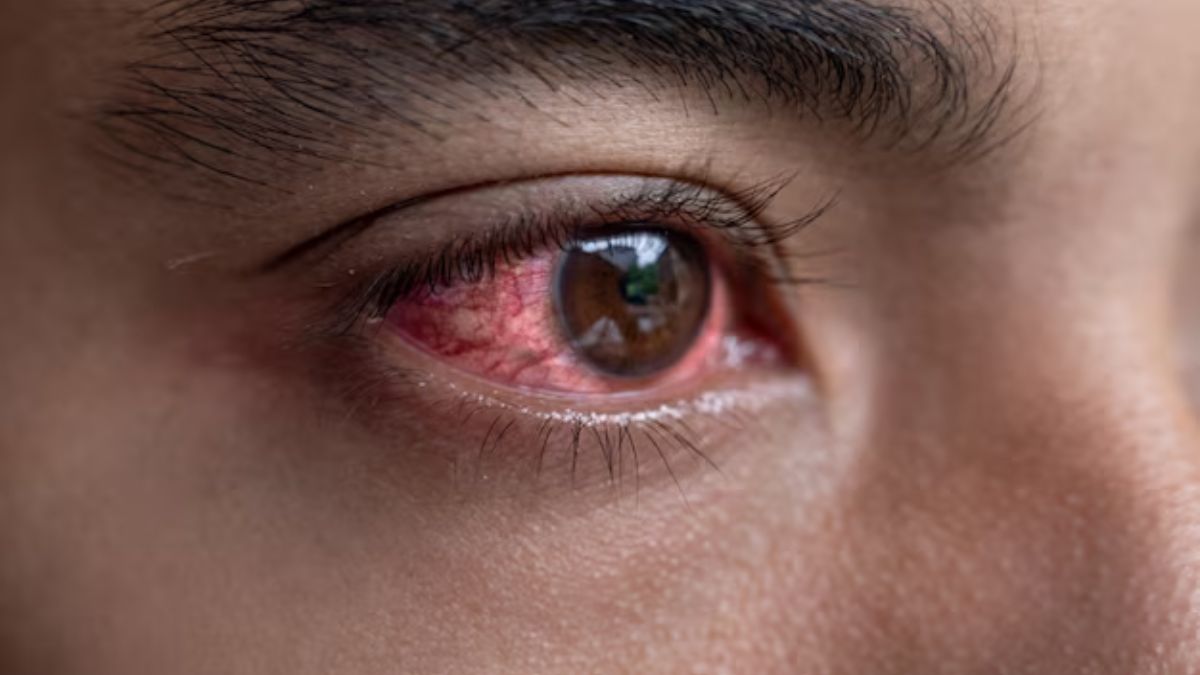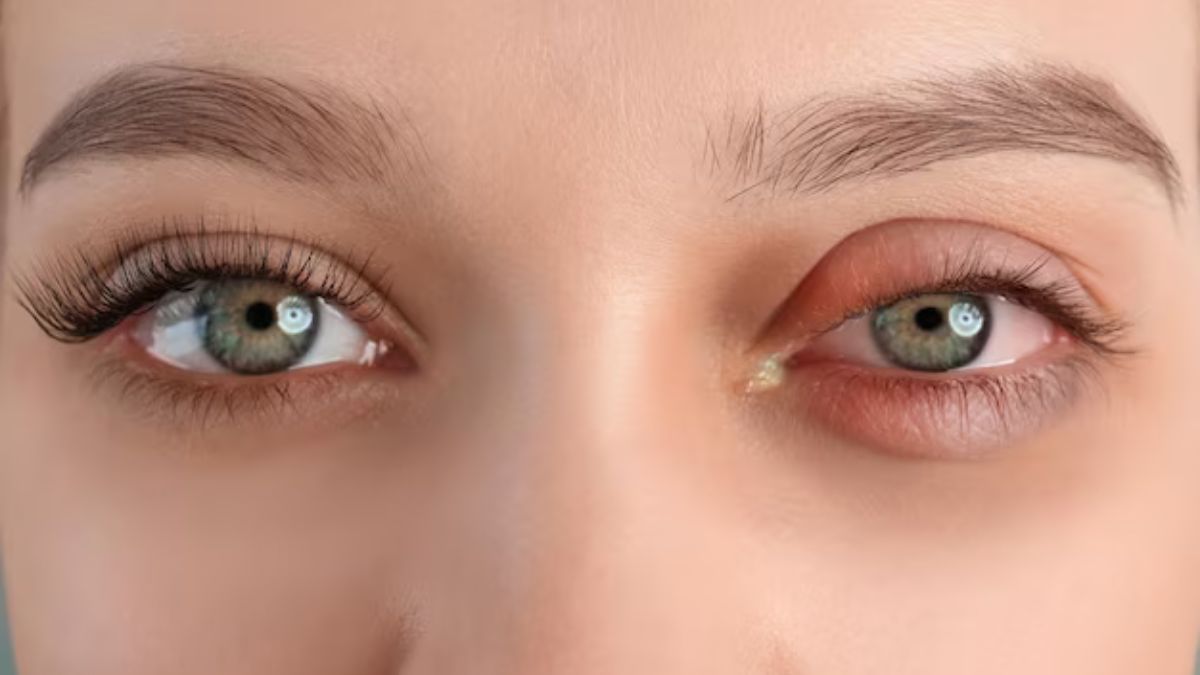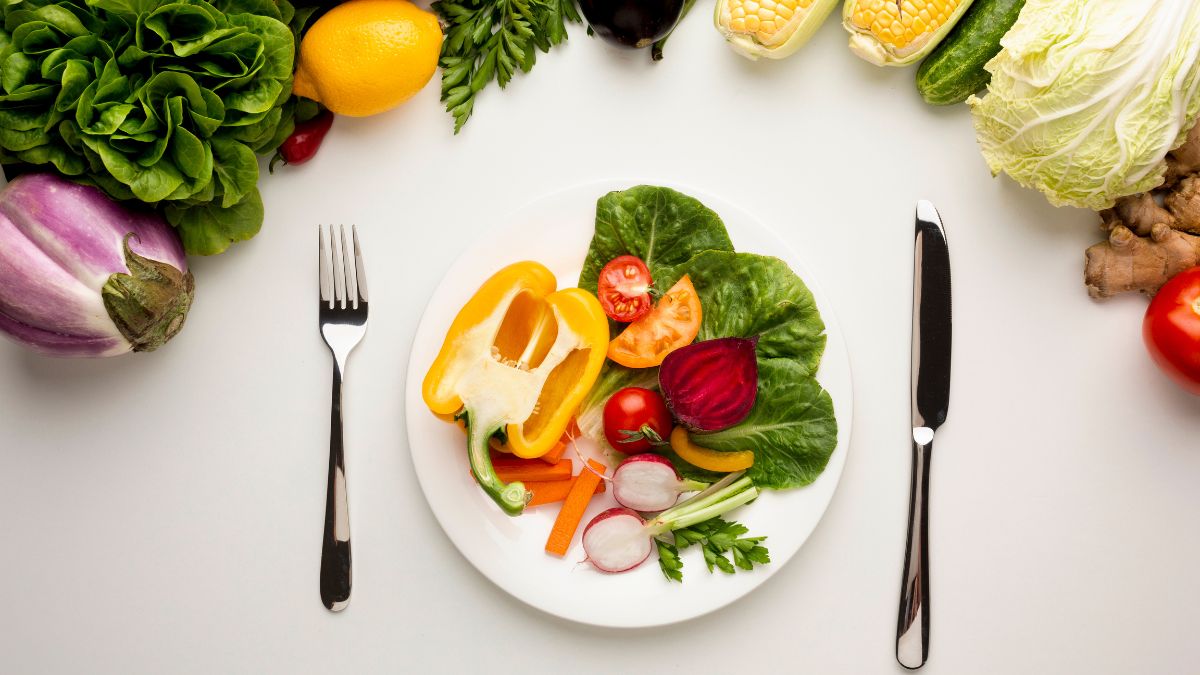
Conjunctivitis, commonly known as pink eye, is a common eye condition characterised by inflammation of the conjunctiva, the thin, transparent membrane that covers the white part of the eye. While conjunctivitis is often caused by viral or bacterial infections, it can also result from allergies or irritants.
Table of Content:-
Along with proper medical treatment, certain dietary habits can help support eye health and alleviate symptoms of conjunctivitis. Conversely, some dietary choices may exacerbate inflammation and discomfort. Let's discuss some of the dietary habits to avoid when dealing with conjunctivitis to promote faster recovery and alleviate discomfort.
High-Sodium Foods
Foods high in sodium can contribute to fluid retention and swelling, potentially worsening the discomfort associated with conjunctivitis. Avoiding salty snacks, processed foods, and heavily seasoned dishes can help reduce inflammation and alleviate eye irritation.

Spicy Foods
Spicy foods, such as hot peppers and spicy sauces, can irritate the eyes and exacerbate symptoms of conjunctivitis. Additionally, consuming spicy foods may lead to increased tear production, which can further aggravate inflammation and discomfort. Opt for mild or non-spicy alternatives until the symptoms subside.
Foods High in Sugar
High-sugar foods and beverages can contribute to inflammation throughout the body, including the eyes. Consuming excessive amounts of sugar may weaken the immune system and prolong the duration of conjunctivitis symptoms. Limiting sugary snacks, desserts, and sweetened beverages can help support the body's natural healing processes.
Alcohol
Alcohol consumption can dehydrate the body and exacerbate dry eye symptoms, which are common in individuals with conjunctivitis. Additionally, alcohol may impair immune function and delay recovery from infections. Avoiding alcoholic beverages until the symptoms resolve can help prevent further irritation and discomfort.
Also Read: Conjunctivitis Explained: Can Eye Flu Spread Just By Looking Into Someone’s Eyes?

Dairy Products
For some individuals, dairy products such as milk, cheese, and yoghurt may exacerbate inflammation and allergic reactions, leading to increased eye irritation. If you suspect that dairy products worsen your conjunctivitis symptoms, consider reducing your intake or opting for dairy alternatives such as almond milk or coconut yogurt.
Processed and Fried Foods
Processed and fried foods contain unhealthy fats and additives that can promote inflammation and compromise immune function. These foods may exacerbate symptoms of conjunctivitis and delay healing. Instead, focus on incorporating whole, nutrient-rich foods such as fruits, vegetables, lean proteins, and whole grains into your diet to support overall health and eye function.
Also Read: Conjunctivitis: All You Need To Know About The Causes, Symptoms, Prevention, And Treatment
While dietary choices alone may not cure conjunctivitis, avoiding certain foods and beverages can help alleviate symptoms and promote faster recovery. By minimising consumption of high-sodium foods, spicy foods, sugary snacks, alcohol, dairy products, processed, and fried foods, anyone can support their eye health and enhance the effectiveness of medical treatment. Remember to stay hydrated, eat a balanced diet rich in vitamins and minerals, and consult with a healthcare professional for personalised dietary recommendations and treatment options.
Disclaimer: The information provided in this article is for educational purposes only and should not be considered medical advice. If you have conjunctivitis, consult with credible healthcare providers for proper diagnosis, treatment, and dietary guidance tailored to your specific needs and circumstances.
Also watch this video
How we keep this article up to date:
We work with experts and keep a close eye on the latest in health and wellness. Whenever there is a new research or helpful information, we update our articles with accurate and useful advice.
Current Version